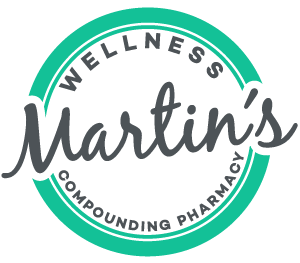Caffeine: Boon or Bane?
IS CAFFEINE GOOD FOR YOU?
These days, we are inundated with messages about the supposed benefits of caffeine, the world’s most popular stimulant: more energy; better, more intense workouts; better elimination; quicker weight loss. However, a closer look reveals a far different picture.
We should emphasize at the outset that caffeine is a drug. A member of the methylxanthine family, caffeine attaches to the same cell receptor sites as heroin and cocaine. The supposed "energy boost" one feels after ingesting caffeine is actually the tension felt by the body as it deals with caffeine.
The reaction of the body to caffeine can be summed up as: Caffeine = Stress.
When it arrives in the stomach, caffeine starts a reaction as if the stomach had just received a large portion of protein, causing the secretion of both hydrochloric acid and protein digesting enzymes. If there is nothing for this acid-enzyme combination to react with, the combination can eventually damage the stomach itself.
Entering the bloodstream, caffeine depletes significant amounts of Vitamins B and C, and many important minerals such as potassium. The B vitamins allow the body to deal effectively with various forms of stress, the very thing most caffeine users cite when they justify their own caffeine use. Ironically, the consumption of caffeine actually makes the body LESS able to deal with stress. It causes the body to enter the “fight or flight” response mode, as if it were facing a physical threat to its survival.
As part of this response, caffeine overstimulates the adrenal glands, causing the rapid heart rate associated with the “caffeine rush.” Over time, chronic usage can actually exhaust the adrenal glands, causing fatigue, hampered immune response, and heartbeat irregularities.
Caffeine also accelerates destruction of glucosamine in the body’s cartilage. When our bodies are younger, this does not have an immediate impact because the body is still able to manufacture its own glucosamine. Starting at around age 40, however, the body stops manufacturing glucosamine. Any cartilage destroyed by caffeine at this time is permanently lost unless replaced by nutritional supplementation.
Additionally, long term studies show that continued caffeine usage decreases bone mineral density in women, who are at higher risk for osteoporosis as they age. (These studies only looked at women, but the results are equally applicable to men!). Finally, when caffeine crosses the blood-brain barrier, it attacks the choline in the brain. Choline is intimately tied to the brain’s memory retention processes. Therefore, long term use of caffeine has been shown to significantly and detrimentally impact memory.
Given all the above, it is definitely in one’s best interest to minimize and/or discontinue caffeine use as soon as possible. A program to wean oneself from dependence on caffeine involves many factors, such as age, blood type, health history, degree of dependence etc. We can help design a program specifically for your needs.
Peter M. McCarthy, ND
Peter M. McCarthy, ND is a nationally board certified traditional naturopath, and a wellness consultant with Martins Compounding and Wellness Centers. He is the author of Adrenaline Nation: Chronic Stress is Ruining Our Health and Bankrupting Our Economy – Discover What YOU Can Do About It NOW! Trained in both functional blood work analysis and saliva hormone analysis, he is a former member of the Advisory Committee of the American Naturopathic Certification Board. He is available for individual wellness consultations at Dripping Springs Pharmacy, 100 Commons Road, Suite 1, Dripping Springs, TX, Monday through Friday from 10 am til 4 pm.
